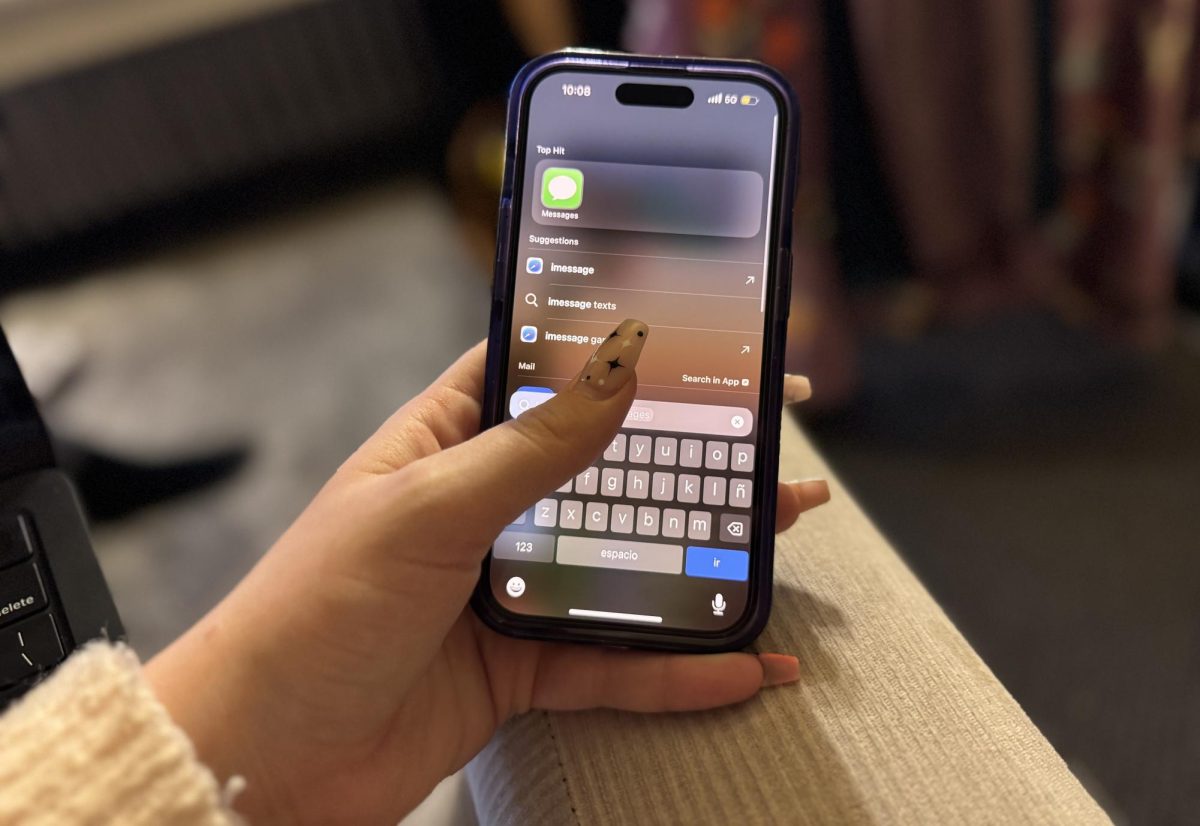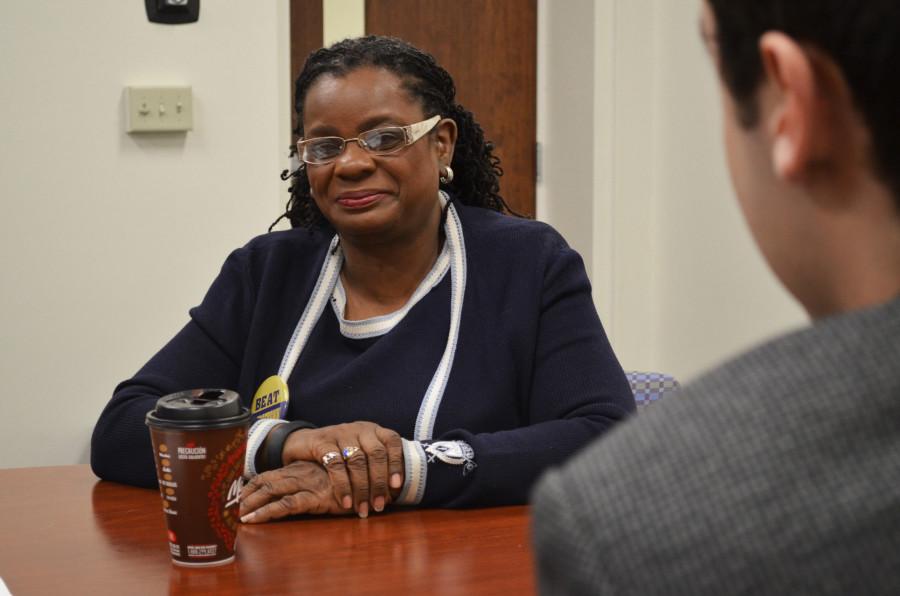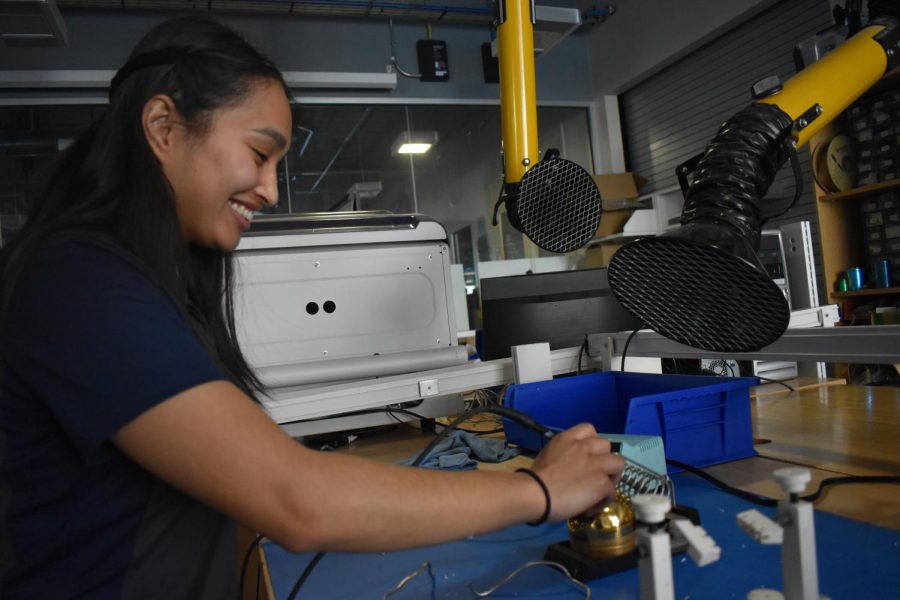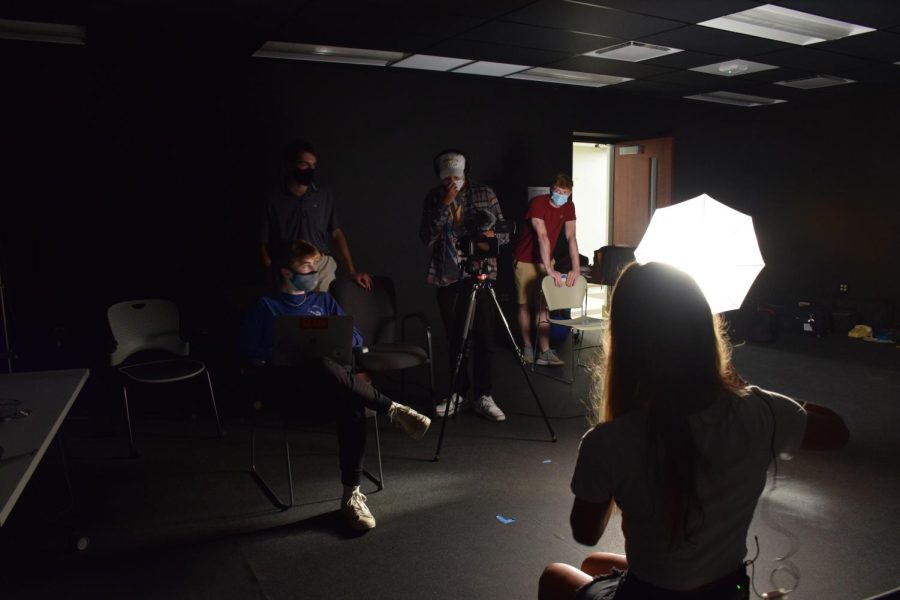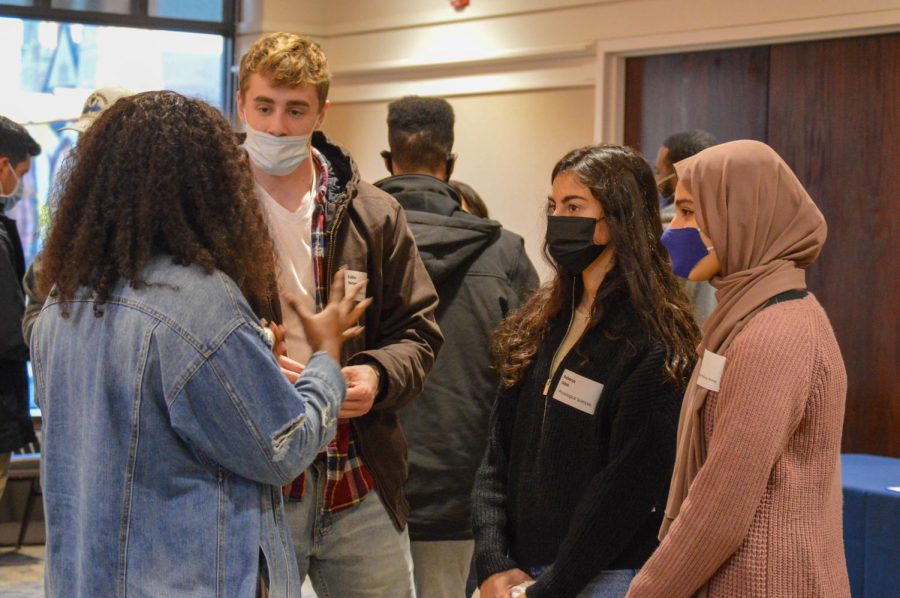To increase support for first-generation students at Marquette, the university launched a website dedicated to its growing population of first-generation students.
The website features information about academics, finances and other resources, in addition to a first-generation network of students and faculty created to provide advice and mentorship to first-generation students.
The website is designed to help eliminate barriers to student success and provide resources and information in a simplified way, Jennifer Reid, director of student affairs assessment, communication and student government, said.
Reid said the website’s purpose is twofold: to act as a portal of information that helps with the transition to college and to support first-generation students through the network of trained individuals who have agreed to serve as mentors and support systems.
Reid said she was a first-generation college student herself and found it difficult to navigate the college scene. She said it took her seven years to graduate with her bachelor’s degree from the University of Wisconsin-Milwaukee because she did not know what she wanted to study and did not have a support system to channel her interests.
“We want people to graduate in four to five years,” Reid said. “That’s a goal of the institution, so we will do whatever we can to make that happen.”
Reid said the website was born out of requests from first-generation students during a focus group conducted by the university last spring.
“(The students) had expressed a number of different challenges that they have faced, one of which was navigating Marquette’s website and finding information,” Reid said.
Reid, along with assistant vice president for student affairs Joya Crear; associate director for hispanic initiatives Jacki Black; associate vice provost for academic support programs and retention Anne Deahl; and graduate assistant in the Office of Institutional Diversity and Inclusion Alan Chavoya worked as a team to agree what content should be featured on the website.
She said they started creating the pages for the website in the summer, and then the website had to go through a review and approval process by Marquette’s content management system.
Chavoya was one of the main content creators for the website.
When deciding what information to include on the website, Chavoya said he looked into other institutions to see what websites and documents of advice they offered to first-generation students.
“By reading through these websites or documents and comparing the content with my experience as a first-gen student at Marquette, I began to think more thoroughly about what kind of information a student with minimal familiarity with Marquette would benefit most from having,” Chavoya said in an email.
He said he also talked to other students about their experiences in order to have multiple perspectives.
“My hope is that the content on the website can be reviewed by students, faculty and staff and modified as needed,” Chavoya said in an email. “As Marquette changes and as new students enter campus and bring forth new experiences, this website will have to be dynamic and respond to what our first-gen students need to know in order to succeed.”
Currently, 20 percent of the university’s undergraduate students are first-generation students, but that number will continue to grow, Reid said.
As that number grows, the university is working to increase support for first-generation students, Reid said.
She said the university is developing a first-generation college student network and creating other initiatives for first-generation students.
“Since (the network) just got up and running, there is no formal program in place,” Reid said.
Right now the responsibility is on students to reach out to members of the network, but the university is waiting to see what students suggest and will work with them to make modifications if necessary, she said.
“Students express how important those relationships are, and a lot of them just arise organically,” Reid said. “A lot of the people on that list are first-generation students themselves, so I think they just have a personal desire to help first-generation students to be successful, knowing that they have their own challenges.”
Brianna Kratz, a graduate assistant for Marquette law school events and facilities, is a member of the network and was a first-generation college student herself.
Kratz said she became a member of the network after she received an email asking her if she wanted to join.
She said she thinks it’s important for first-generation students to be willing and brave enough to reach out to somebody in the network.
“Recognizing that need in yourself takes a lot of self reflection,” Kratz said.
She said she wants first-generation students to know there is a gigantic support system of students and faculty who want to help them.
“(This initiative is) important largely because it’s a really good way of seeing representation and understanding that there are people here who either are students, were students or are allies for first-(generation) students,” Kratz said.
Rosita Hernandez, a freshman in the College of Arts & Sciences, said that when coming into college, she was academically ready but lacked guidance when applying to college.
“I had the moral support of my mom, but being a first-(generation) student, she didn’t give me the guidance for it, so that’s where I struggled a bit,” Hernandez said.
With the help of her college counselor in high school, Hernandez said she was able to relieve the stress of applying to college on her own.
Unfortunately, Hernandez said not all first-generation students came into college as prepared as her.
“I felt ready academic-wise because I came from a college prep high school. However, I know that’s not the case with all first-(generation) students,” Hernandez said. “I know that my friends who are first-(generation) went to public schools, and obviously public schools here in Milwaukee are not as funded, I would say, so they’re not as prepared as most kids.”
Hernandez said first-generation students have a mindset that they shouldn’t ask for help.
“We tend to think, ‘Oh, we’ve gotten this far by ourselves, we can get farther by ourselves,’” she said.
Hernandez said it has taken her time, but she is now able to reach out to the Marquette community for help and go to office hours with professors.
“Since our parents can’t help us with (some things), Marquette making an effort shows that it’s a school that cares,” Hernandez said.



